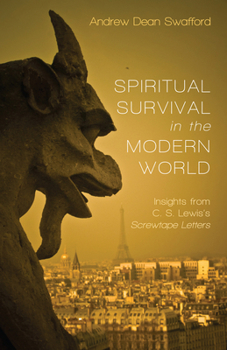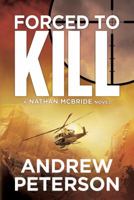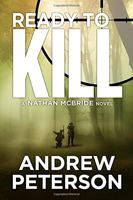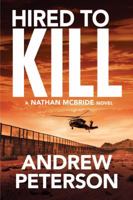Spiritual Survival in the Modern World
Select Format
Select Condition 
Book Overview
In this work, Dr. Swafford opens up the wisdom of C.S. Lewis' Screwtape Letters. From challenges at home, evangelization, overcoming anxiety, doubt, prayer, and becoming other-centered--these and many other struggles a Christian is bound to face show up in these pages. What unites this book is Swafford's ability to untwist the demonic plan to keep us down and bring us to despair. Truly, this work provides a roadmap for spiritual survival in the modern age, one that will empower us to live a life of joy and peace right now.
Format:Hardcover
Language:English
ISBN:1498295223
ISBN13:9781498295222
Release Date:December 2016
Publisher:Wipf & Stock Publishers
Length:142 Pages
Weight:0.69 lbs.
Dimensions:0.4" x 5.5" x 8.5"
Customer Reviews
4 customer ratings | 4 reviews
There are currently no reviews. Be the first to review this work.


























